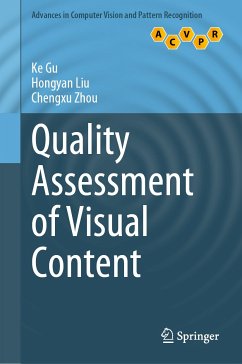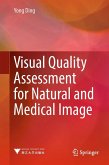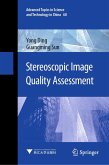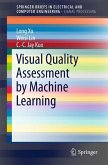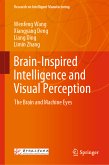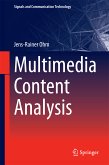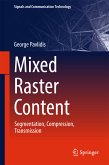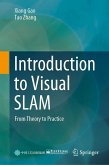This book provides readers with a comprehensive review of image quality assessment technology, particularly applications on screen content images, 3D-synthesized images, sonar images, enhanced images, light-field images, VR images, and super-resolution images. It covers topics containing structural variation analysis, sparse reference information, multiscale natural scene statistical analysis, task and visual perception, contour degradation measurement, spatial angular measurement, local and global assessment metrics, and more. All of the image quality assessment algorithms of this book have a high efficiency with better performance compared to other image quality assessment algorithms, and the performance of these approaches mentioned above can be demonstrated by the results of experiments on real-world images. On the basis of this, those interested in relevant fields can use the results obtained through these quality assessment algorithms for further image processing.
The goal of this book is to facilitate the use of these image quality assessment algorithms by engineers and scientists from various disciplines, such as optics, electronics, math, photography techniques and computation techniques. The book can serve as a reference for graduate students who are interested in image quality assessment techniques, for front-line researchers practicing these methods, and for domain experts working in this area or conducting related application development.
Dieser Download kann aus rechtlichen Gründen nur mit Rechnungsadresse in A, B, BG, CY, CZ, D, DK, EW, E, FIN, F, GR, HR, H, IRL, I, LT, L, LR, M, NL, PL, P, R, S, SLO, SK ausgeliefert werden.

